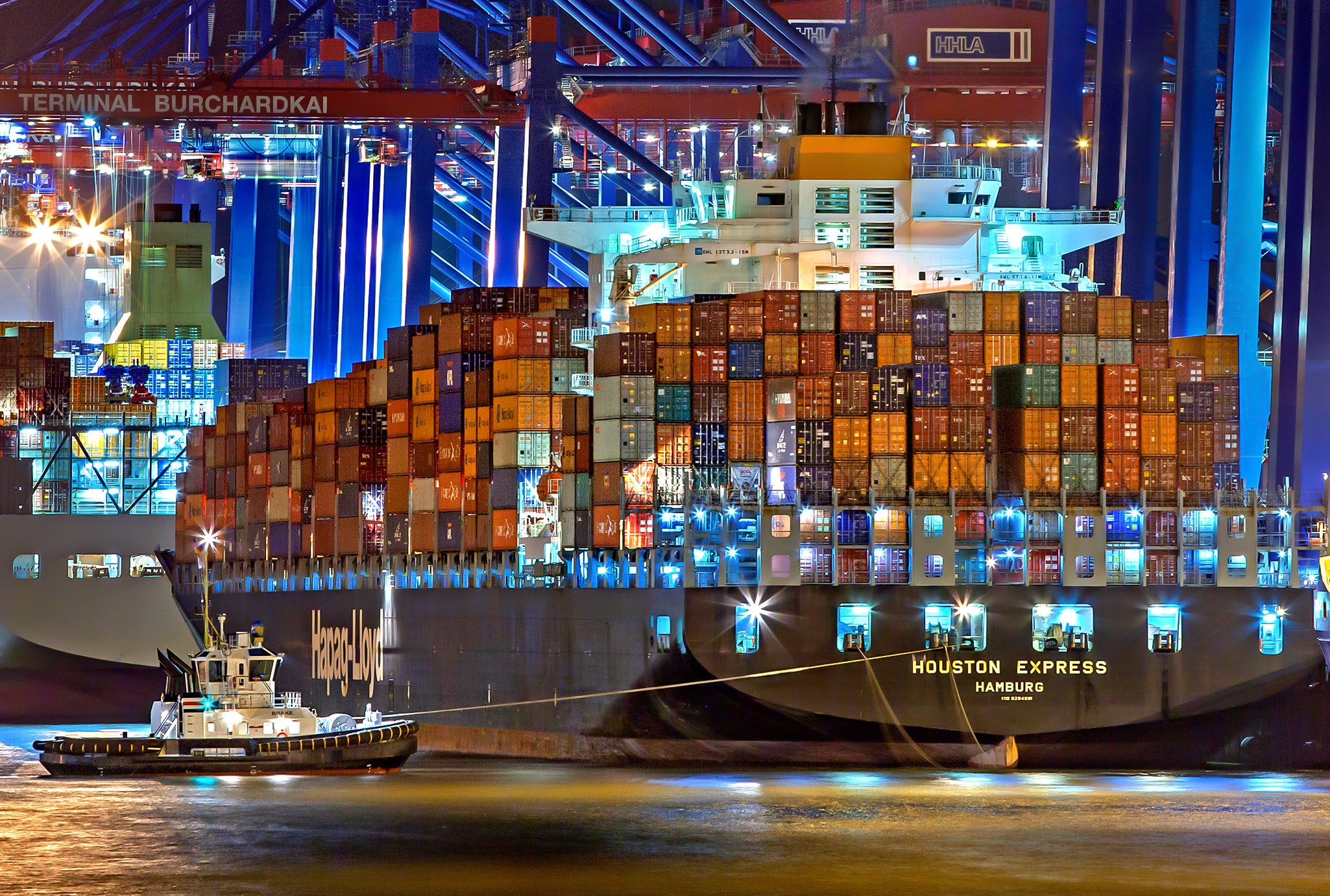The environment and sustainability are topics which are never far away from the headlines. Whether it is professionally or personally most people are in agreement that we need to find ways to live more sustainably.
For the freight and logistics industries the challenge to operate more sustainably is huge. Shipping in particular has massive hurdles to climb. More than ¾ of all freight is carried by ship and the global nature of the industry means that efforts to cut carbon emissions will need to be implemented on a global scale to have the impact required.
Carbon emissions targets for shipping
Last year the shipping industry agreed to ambitious targets under a major new international agreement. The agreement committed to cut carbon emissions by at least 50% from the global shipping industry by 2050.
This will mean a step change for the industry and new ships being built and coming into operation in the 2030s will need to be fossil free to make this achievable.
As the dominant form of freight for inter-continental trade another approach is to increase slow steaming (the practice of operating transoceanic cargo ships, especially container ships, at significantly less than their maximum speed). Slow steaming is already common practice and is effective in reducing emissions but this has been met with concern as the industry is reluctant to increase crossing times and impact customers. Perhaps the biggest challenge will be balancing customer expectations with the need to take positive action.
At Grace Overseas we are committed to reducing our carbon footprint and endeavour to support our partners to do the same. We make it a priority to consider the impact we have on the environment and to stay up to date with developments and innovations which could help us to reduce our footprint. The targets are ambitious but if the industry works together then great things can be achieved.
Keep up to date with all of our news and services by following Grace Overseas on Twitter.







